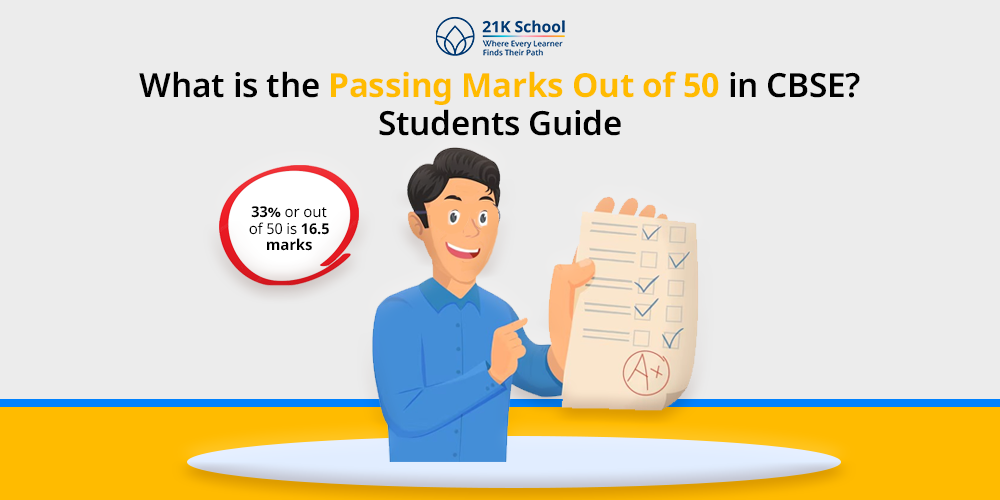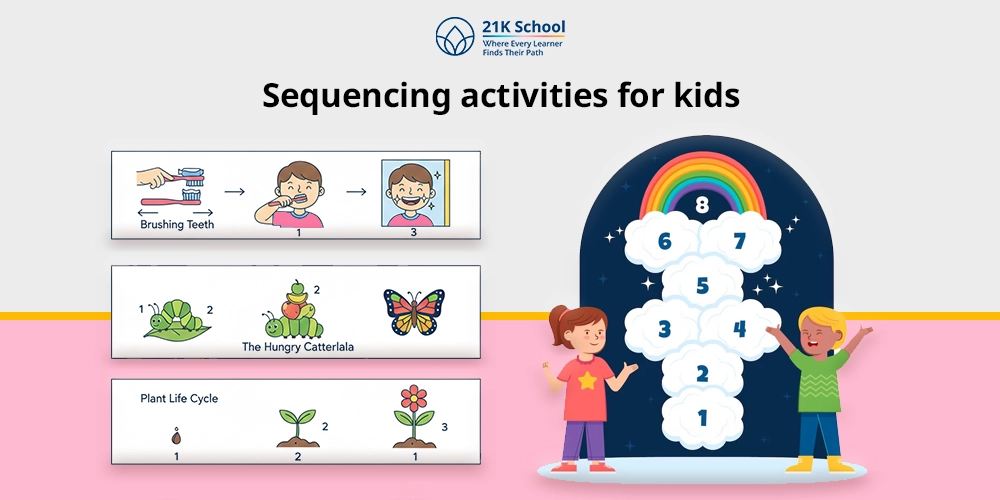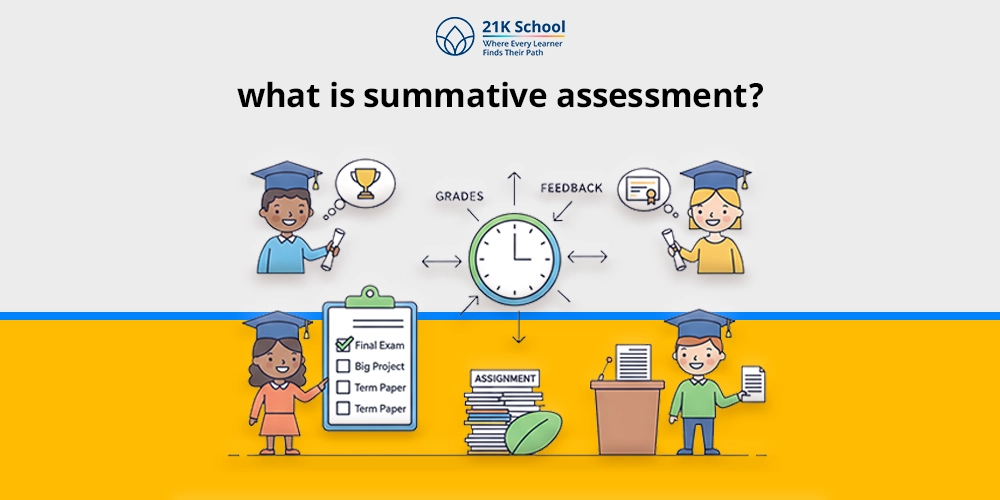
When it comes to examinations one of the most asked questions is: What is the Passing Marks Out of 50 in CBSE?
The Central Board of Secondary Education conducted exams of different marks from 80 to 50 and even 20 marks. It is based on the subject and the kind of assessment.
By understanding the exam system learners can prepare for their upcoming exam and score higher marks . Here we will explain everything about passing marks out of 50 in CBSE class 10th and 12th.
Contents
- What is the Passing Marks Out of 50 in CBSE?
- CBSE Passing Marks Criteria for Class 10th & 12th: Detailed Guideline
- Which CBSE Subjects Have 50-Mark Components?
- How to Calculate CBSE Passing Marks for Class 10th & 12th?
- CBSE Grading System for Class 10th & 12th
- What Happens If a Student Fails to Score Passing Marks?
- Common Misconception About CBSE Passing Marks
- Strategies to Score Above 17 Marks in 50-Mark Components
- Conclusion
What is the Passing Marks Out of 50 in CBSE?

Based on CBSE guidelines, candidates or learners have scored 33% or out of 50 is 16.5 marks (17 marks approximately) standard criteria of passing the exam. However, it is mandatory to achieve 33% in each subject.
33% of 50 = 16.5, rounded up to 17 marks.
Important Points to Consider:
- Minimum Required: 16.5 or 17 out of 50 marks
- Percentage Needed: 33% is the passing marks.
- Rounding: As it is difficult to score 0.5 marks one should get 17 marks out of 50 ensures a clear pass.
- Applies to: Both Class 10th and Class 12th board exams.
- All Subjects: The 33% rule applies uniformly across Mathematics, Science, Social Studies and Languages.
Remember, for internal assessment components and practical examinations the criteria is the same 33%.
- For example, if the internal assessment is of 20 marks the passing would be:
- 33% of 20 = 6.6, rounded up to 7 marks.
CBSE Passing Marks Criteria for Class 10th & 12th: Detailed Guideline

As per CBSE official passing guidelines for 50-mark components:
1. CBSE Regulation Reference

CBSE Bye-Law Reference states that learners must score 33% in theory and practical or internal assessment.
2. Consistent Across Levels

Passing marks for both class 10th and class 12th examination is the same. Out of 50 marks the minimum marks to score is 16.5 round of 17.
3. Theory & Practical/Internal Requirement
Remember, that individuals need to score 17 out of 50 in theory and 17 out of 50 in practical or internal assessment.
4. No Aggregate Compensation

No aggregate compensation means getting high marks in practical exams will not compensate for low marks in theory and vice versa.
5. Current Academic Year Specifications

The CBSE has re-affirmed the rules in its official Secondary and Senior School Curriculum and the Examination Bye-Laws.
Which CBSE Subjects Have 50-Mark Components?

There are various internal assessment and theoretical components that are considered under 50 marks. Given below are detailed subject analysis one can go through:
1. Internal Assessment Components (50 marks)

- Skill Subjects: Various skill related subjects such as Art, Physical Education, Music etc often have 50 mark projects or practical components.
- Language Components: Sometimes components related to language including Speaking and listening assessments are considered 50 marks.
- Project Components: Various environmental friendly projects, lab science experiments related to subjects like science and social studies are evaluated under 50 marks.
- Practical Components: Practical components such as computer applications, vocational subjects can also be used as an assessment by facilitators.
2. Theory Components (50 marks)

- Language Papers: Some regional language components may also be included in the 50 marks theory exam.
- Skill-based Subjects: Applied Arts, Home Science, Vocational Training are some popular subjects that often have reduced theory weightage of 50 marks.
- Special Assessment Papers: Additional language papers or additional subjects exam is scored out of 50 marks.
How to Calculate CBSE Passing Marks for Class 10th & 12th?

For both Class 10th and 12th of CBSE, the passing marks criteria calculation method is the same for 50 marks. Here’s a mathematical breakdown:
- Formula: 50 × 33% = 16.5 Marks.
- Practical Application: 17 Marks Required (rounded figure).
- Grade Equivalent: Grade D or above on CBSE 9-point scale.
- Percentage Conversion: How 17/50 translates to overall performance.
Remember, both theoretical and practical must be passed separately by learners.
CBSE Grading System for Class 10th & 12th

As CBSE follows a 9-points grading system for class 10th in which grades from A1 to E are awarded. Also remember getting below D is a symbol of failure.
However, for class 12th subject-wise grading is used by the board in which actual marks are shared in the marksheet and learners required 33% in each subject to pass.
What Happens If a Student Fails to Score Passing Marks?

If a student fails to score a passing mark which is 33% of 50 marks he or she has to appear for compartment exams. However, it negatively impacts their academics.
Explore how to apply for revaluation in cbse 10th .
Given below is academic impact analysis after failing CBSE board exam:
Academic Impact Analysis:

- Single Subject Failure: If a student fails in a single subject he or she can go for the compartment exam. The eligibility criteria for compartment is maximum upto two subjects.
- Multiple Subject Issues: Academic year implications: Students failing in multiple subjects such as more than 2 in a same year leads to repeat the whole academic year.
- Grade Impact: Learners who fail in one subject will negatively impact the overall grade. However, they can improve in that particular subject by giving a compartment exam.
- College Admission: Failure can impact on further education opportunities for learners, for example, College admission after completing class 12.
Common Misconception About CBSE Passing Marks

To get good marks, understanding the misconception and facts is essential for learners.
Given below are details of myths and facts about the CBSE passing marks such as:
- Only 33% is Needed in CBSE Exams to Pass: Yes, learners need 33% to clear or pass the Central Board of Secondary Examination. But, remember it must be separately in theory and practical or internal assessment.
- Theory and Internal Marks Calculated Together: No, it is a myth theory and internal marks calculated together. Both are clearly independently mentioned by the CBSE board.
- Rounding off rules: Yes it is true that CBSE rounds 16.5 to 17 for passing marks in a 50 mark paper.
Strategies to Score Above 17 Marks in 50-Mark Components

While planning for CBSE examination, learners must strategies to score higher marks above 17 out of 50-Mark.
Go through a detailed student success framework to understand the needful points:
1. Preparation Strategies

- Focus Areas: High-weightage topics identification: Learners main focus should be the high-weightage topics to score good. Must identify the repeated question and prepare in depth.
- Practice Methods: Sample papers and previous years question papers should be the first priority while practicing. Sometimes, the same question with twisted language reappears in exams.
- Time Management: Learners must look at time management or component-wise allocation for each section of question paper.
- Weakness Analysis – Targeted improvement areas: Analysing weaknesses in a particular subject or chapter learner can target to improve those areas by giving extra time to memorise and practice.
2. Exam Techniques

- Question Selection: Learners choose manageable questions for time management and systematic writing.
- Answer Presentation: Using different exam techniques like answer presentation or writing is one of the most important parts of preparation. It helps in memorising and rote learning . From selecting your right pen for handwriting to using headings, and diagrams look for perfection.
- Time Allocation: Time management importance while writing exam to explore each question and effective use of exam duration leads to score maximum out of 50 marks.
- Review Process: Final check strategies: Recheck the answers for accurate calculation, no spelling mistakes, proper alignment heading are crucial points to get maximum marks.
Conclusion
Hope this blog is helpful and clear all the doubts related to the passing marks out of 50 in CBSE. Here is a quick detail if you have missed any point.
The minimum passing mark out of 50 is 17. However, learners are required to score 17 out of 50 separately in theory and practical or internal assessment.
Whether Class 10th or 12th, the criteria of passing is the same and learners need to plan strategically and prepare for the upcoming academic year.
All the best and aim for the highest score to achieve maximum percentage in CBSE board exams.


